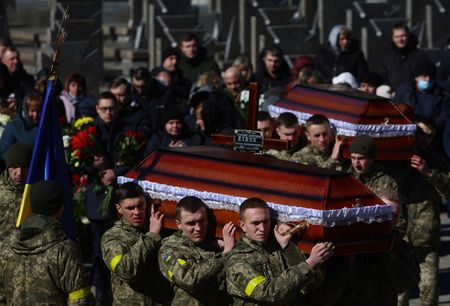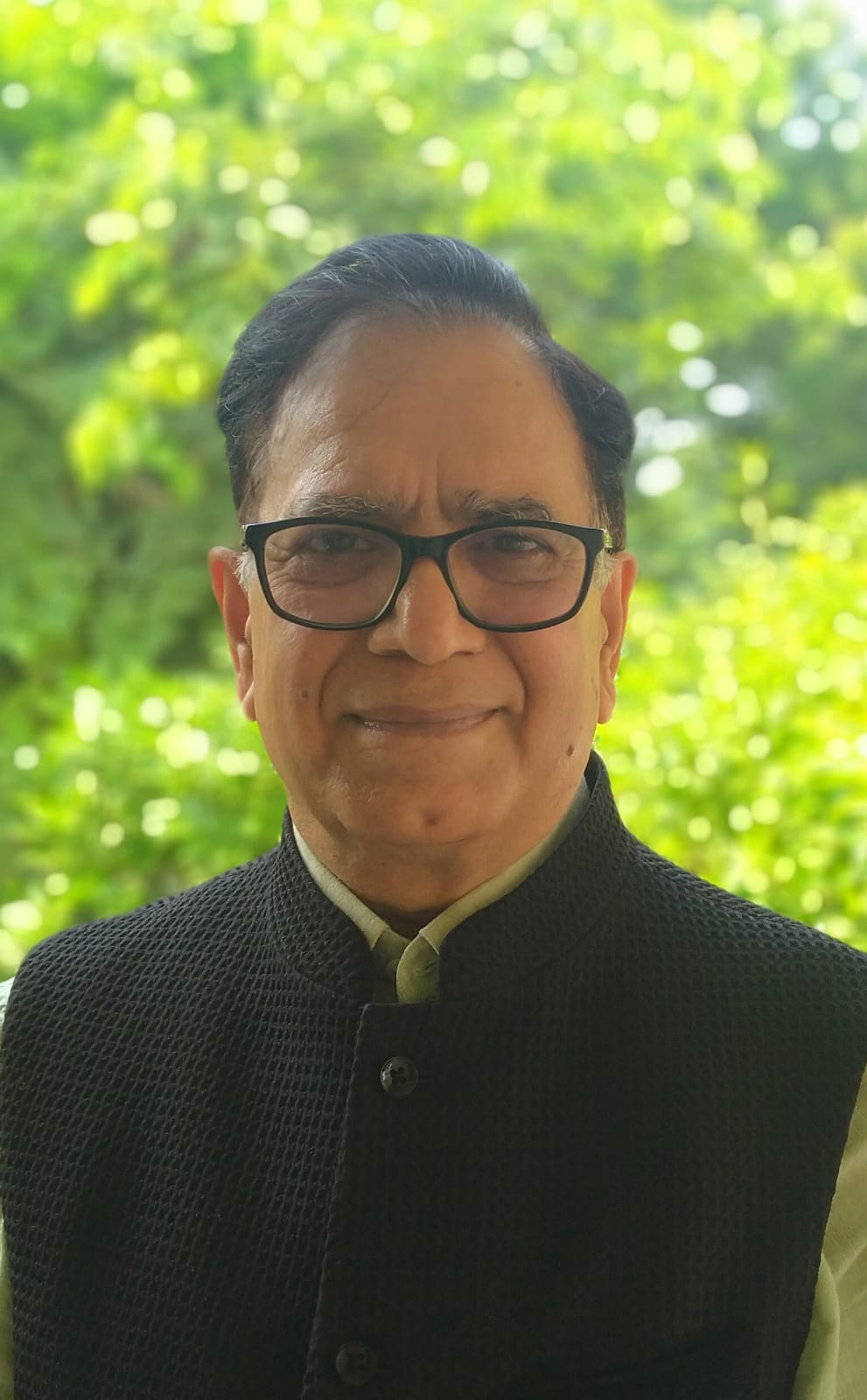
The Ukraine Crisis: Quest for an Honourable Exit

The fortnight-long Russian offensive on Ukraine has stretched much beyond the expectations of all parties involved in the crisis – Ukraine, Russia and even the NATO. None of them expected the problem to aggravate to such proportions that the leaders would start discussing possibility of a nuclear war.
In fact, all three parties had miscalculated each other’s intentions and, moreover, underestimated the possible reactions. While Russia believed that, given its military superiority over Ukraine, it would be a cakewalk to bring the latter to its knees and command the conditions for secession of hostilities, Ukraine overestimated the support from NATO in case of any offensive. Though NATO kept on promising help to Ukraine in case of an aggression on it, Ukraine never realised that the Treaty Organisation would send its army only to a NATO member, a status Ukraine still aspires for.
As far as NATO countries are concerned, they kept on expanding NATO eastwards despite earlier assurances given to Russia and its resultant protests without realising that they are reaching the flashpoint when Russia could react violently. It is not that the three did not have any inkling of the impending war, it is only that none of them anticipated the proportions and intensity it will take.
As NATO imposed some economic sanctions on Russia over its annexation of Crimea way back in 2014, Ukraine also started stockpiling arms and ammunitions from the west besides augmenting its own domestic military production. Russia too, wary of more sanctions in future, started to gradually move its gold reserves from the bullying West to more friendly countries, and launched its own SPTS system to reduce the dependence on SWIFT.
The question is when and where will this war end? A fortnight on, Kiev is still not in control of Russian forces. Though many analysts attribute this delay solely to the strong resistance put up by the Ukrainian forces and civilians, there are other more potent and tactical factors behind this.
First, the Russian forces, with huge superiority over Ukraine in terms of men, machines and ammunitions, would have taken Kiev in the early stages of war with carpet bombing on the city, but that would have given much credence to the western propaganda of Russian genocide in Ukraine, an allegation it is already facing from the West. Russia, therefore, wanted to move very cautiously in order to minimise the collateral damages.
Secondly, the Russian Army marching towards Kiev from many directions wants to secure its route and guard its rear to eliminate the risk of any guerrilla attacks on Russian convoys. At the same time, Russia has been trying to prove its bona fides by declaring limited short-term ceasefires for evacuation of civilians from the war-ravaged areas (though it is another story that many such windows could not be availed off due to the disagreements among the parties on the direction to which evacuees are to be taken).
Nevertheless, it seems that both sides want to end the hostilities which are taking a heavy toll on them. While prolongation of this war will mean heavier casualties and loss of resources for Ukraine, it will also invite more stringent sanctions and other measures against Russia, already feeling the pinch despite some precautions it has already taken. That both sides are looking out for an honourable exit route is evident from the fact that they have not only participated in the three rounds of negotiations at the official level but have also upgraded the level of participation to the Foreign Ministers.
Although the Foreign Ministers’ meeting in Istanbul failed to fetch any result, the statement made by the Russian dignitary Sergei Lavrov before the media is noteworthy. Lavrov clearly refuted the possibility of further escalation of war when he said, “I do not want to believe and do not believe that a nuclear war could start”. “President Putin will not refuse a meeting with his Ukrainian counterpart”, he also claimed indicating that, in near future, there might be a summit meeting between the two leaders, a possibility which could not have even been thought of, had there been no progress in earlier meetings.
Separately, Zelensky, disappointed by NATO’s inadequate assistance to Ukraine, has separately hinted that Ukraine is ready to give up its NATO aspirations if the war ends. Moreover, in a recent conversation with his Belarussian counterpart in Kremlin, Putin is believed to have informed Lukashenko that some positive developments have taken place in the previous meetings with the Ukrainian delegation. Putin also reportedly disclosed that a concrete proposal had been given to the Ukrainian delegation which has promised to discuss it with NATO and the European Union.
Apparently, there is a ray of light at the end of the tunnel. Out of its earlier four conditions to Ukraine i.e. secession of military action, amendment in constitution to enshrine Ukraine’s neutrality, acknowledgement of Crimea as a Russian territory and recognition of Donetsk and Luhansk as independent states, it seems that Ukraine will accept the first two conditions without a fuss. As Crimea had been transferred by the Supreme Soviet from Soviet Russia to Ukraine in 1954, probably Ukraine will agree to recognise it as a Russian territory after some persuasion and weighing its options. Russia might drop its demand on Donetsk and Luhansk, if Ukraine agrees to implement the relevant Minsk Protocol.
It is not only the political or humanitarian cost which will affect the two warring sides and the world at large. The fall-out of continuation of war will be much severely felt in Europe in the form of influx of refugees and an acute jump in the price of oil and gas, much of which comes from Russia. While Russia’s export basket has already started sinking and thus depleting its forex reserves, the US too will feel the pinch as it would have to dip into its strategic oil reserves. The rest of the world will also agreeably suffer from a high inflation.
This is why all the directly affected parties are keen for an early ceasefire and return of peace in the region. In view of the above compulsions and considerations, we might see some tangible progress in a week or so.
***************
Disclaimer
The opinions expressed in this article are the author’s own and do not reflect the views of Chanakya Forum. All information provided in this article including timeliness, completeness, accuracy, suitability or validity of information referenced therein, is the sole responsibility of the author. www.chanakyaforum.com does not assume any responsibility for the same.
Chanakya Forum is now on . Click here to join our channel (@ChanakyaForum) and stay updated with the latest headlines and articles.
Important
We work round the clock to bring you the finest articles and updates from around the world. There is a team that works tirelessly to ensure that you have a seamless reading experience. But all this costs money. Please support us so that we keep doing what we do best. Happy Reading
Support Us





















POST COMMENTS (2)
Kalidan Singh
ASHOK IYER